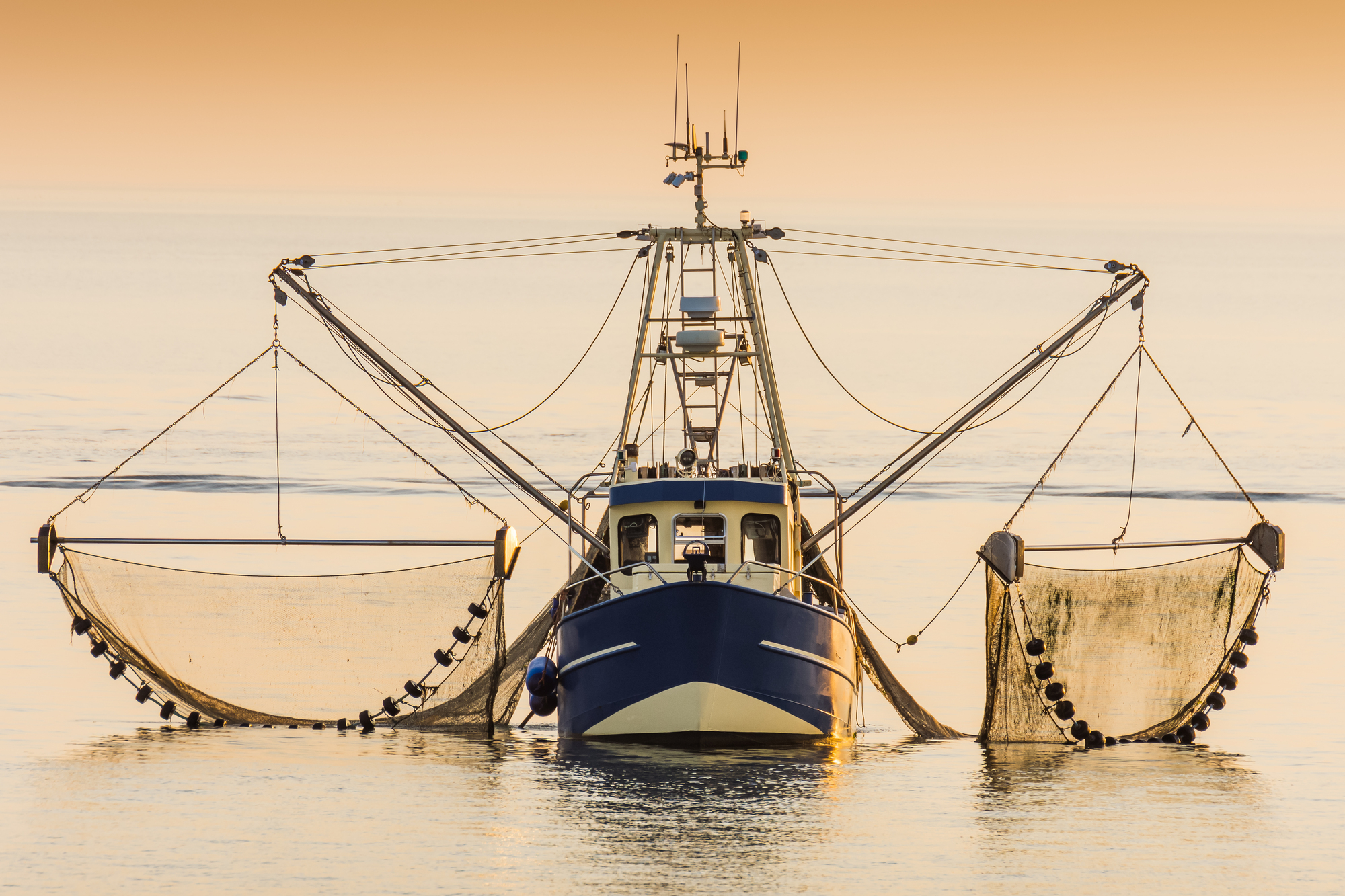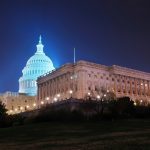On the heels of a historic trade win, a coalition representing four American food industries praised President Trump’s “America First” leadership, while calling for targeted tariffs on imported honey, catfish, crawfish, and shrimp to counter years of predatory trade practices.
The coalition—comprising the American Honey Producers Association, Catfish Farmers of America, Crawfish Processors Alliance, Louisiana Farm Bureau Crawfish Committee, and Southern Shrimp Alliance—warned in a joint letter that American food security is at risk without immediate action against dumped imports from Vietnam, China, India, and other nations. These vital industries risk collapse, undermining rural economies and American agricultural independence, absent strategic intervention.
“President Trump understands what previous administrations missed—food security is national security,” said Steven Coy, president of the American Honey Producers Association. “After 25 years of damaging trade policies, American beekeepers need decisive intervention or face extinction. Strong targeted tariffs would allow domestic producers to rebuild while ensuring pollination services critical to over 130 U.S. crops valued at $20 billion.”
The coalition’s letter details how foreign producers have systematically undermined U.S. food industries through government subsidies, unsafe production methods, currency manipulation, and trade barrier abuse.
“The U.S. catfish industry has been devastated, with production capacity slashed by half and thousands of rural jobs eliminated,” explained Brad Graham, president of Catfish Farmers of America. “Meanwhile, countries like Vietnam block U.S. exports while flooding our markets with subsidized products, including pangasius and other catfish-like products. President Trump’s commitment to fair trade gives us hope that we will see significant action to offset the specific practices harming our domestic producers.”
Kody Bieber, president of the Crawfish Processors Alliance, emphasized food safety concerns: “Imported, farm-raised seafood frequently contains banned substances and violates U.S. safety standards, yet continues entering our markets at artificially low prices. Previous administrations have documented these problems, but President Trump’s leadership offers a clear path to addressing longstanding predatory trade practices that benefit foreign violators and undermine domestic producers.”
The U.S. shrimp industry welcomed a recent communication from U.S. Trade Representative Ambassador Jamieson Greer as evidence that industry-specific tariff solutions could be considered separate from “reciprocal” tariffs. In a May 5 letter to Representative Troy Carter (D-LA), Ambassador Greer noted that “[t]he Trump Administration recognizes the critical contribution of America’s shrimp industry” and acknowledged that the challenge posed by unfairly-traded imports represents “not just a trade issue, but one of food security, economic stability, and a level playing field.”
“U.S. shrimpers harvest America’s favorite seafood sustainably while supporting coastal economies and communities,” noted John Williams, executive director of the Southern Shrimp Alliance. “The Trump administration has demonstrated it stands by American workers. We hope this means America will stop outsourcing our shrimp supply to foreign producers with questionable practices that undermine economic and food security.”
The coalition’s specific recommendations include:
• Implementing tariffs on imported honey, catfish, crawfish, and shrimp calibrated to domestic production costs
• Strengthening enforcement against transshipment and duty evasion tactics
• Invoking the International Emergency Economic Powers Act (IEEPA) and Section 232 authority to protect food security
• Enhancing inspection of imported products for safety violations
“Without immediate and strategic intervention from the Trump administration, these vital American industries risk permanent damage,” warned J.B. Hanks, chairman of the Louisiana Farm Bureau’s Crawfish Commodity Committee. “The livelihoods of American farmers, fishermen, and beekeepers—and the rural communities they support—hang in the balance.”





